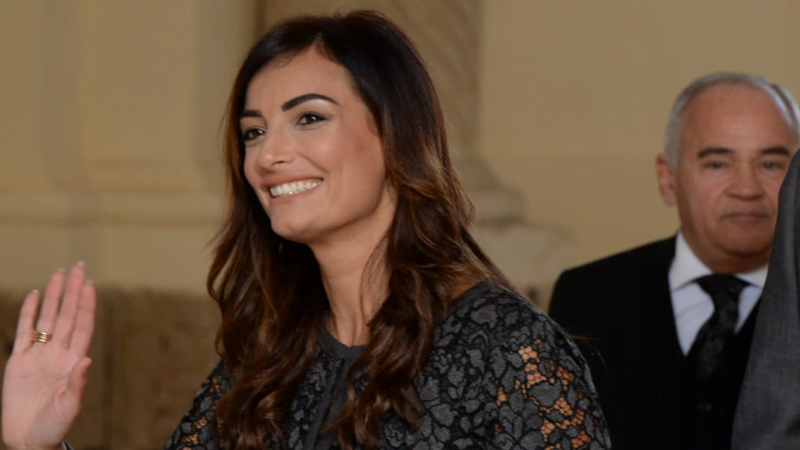In a chaotic sitting in which the parliamentary committee for standards in public life questioned ethics commissioner George Hyzler about his probe into former parliamentary secretary Rosianne Cutajar, Hyzler defended his conclusions and explained why the evidence points towards Cutajar having played a crucial role in the botched sale of an Mdina property in 2019.
Fielding questions from Labour MP and Whip Glenn Bedingfield and Justice Minister Edward Zammit Lewis, Hyzler reiterated conclusions from his report, arguing that Cutajar found a prospective buyer, attended the viewing, called regularly to get updates on the progress of the sale and even encouraged Yorgen Fenech, the purchaser, to buy the property.
Hyzler also described the way in which her close associate and friend Charles ‘it-Tikka’ Farrugia referred to her repeatedly under sworn testimony in terms that indicated she acted as a broker, including when informing the seller, Joseph Camilleri, that he would need to fork out an extra 1.5% in brokerage fees for the second broker, who was later revealed to be Cutajar.
Although Cutajar still denies her involvement and the allegation that she had taken at least €46,500 in cash which she failed to list among her asset declarations in 2020, Hyzler insisted that “the preponderance of probabilities” and the evidence given under sworn testimony “tipped the balance” towards the conclusion that Cutajar acted as a broker for the deal.
Although Bedingfield and Zammit Lewis repeatedly referred to news reports that cite Farrugia as now claiming that he is planning on regularising his position with tax authorities, Hyzler reminded the committee that such a declaration falls solely within the competence of the inland revenue commissioner.
The government’s MPs also asked Hyzler about whether he had considered that the deal had not been concluded and that it is commonplace for brokerage fees to only be owed when the promise-of-sale is confirmed by the sale itself.
“This point would have been relevant if Cutajar used it as her defence,” the standards commissioner stated, adding that it was not possible to say that there was no brokerage “if all the parties agreed to the basic facts that established that the brokerage did happen”.
“I did not give any weight to this consideration due to the fact that I did not go into the merit of whether the money was owed or not. That’s up to the parties involved in the deal because that’s a dispute to be settled between them,” Hyzler concluded.
The hearing is set to continue on Tuesday morning at 8am.














Did Cutajar not say, as reported, that she used the money to make a deposit on a personal property, to justify having a cash flow difficulty to pay it back to the seller because the deal fell through?
Why was the alleged commission paid before the promise of sale and deleted from the draft promise of sale?
Why was the amount, as is the norm, not deposited in a client’s account with the lawyer or Estate agent? If a formal estate agent was not used, then, in receiving the payment herself, Rosianne constituted herself as a ‘de facto’ unregistered estate agent.
Why did a perceived legitimate payment have to be paid in a restaurant ‘under the table’?
With money laundering cash parameters, how was Rosianne allegedly carrying cash well above the potential money laundering parameters? Following on Manuel Mallia’s cash holding of Euro 500,000, one has to ask whether politically exposed persons have priviledged money laundering parameters as a VIP perk?